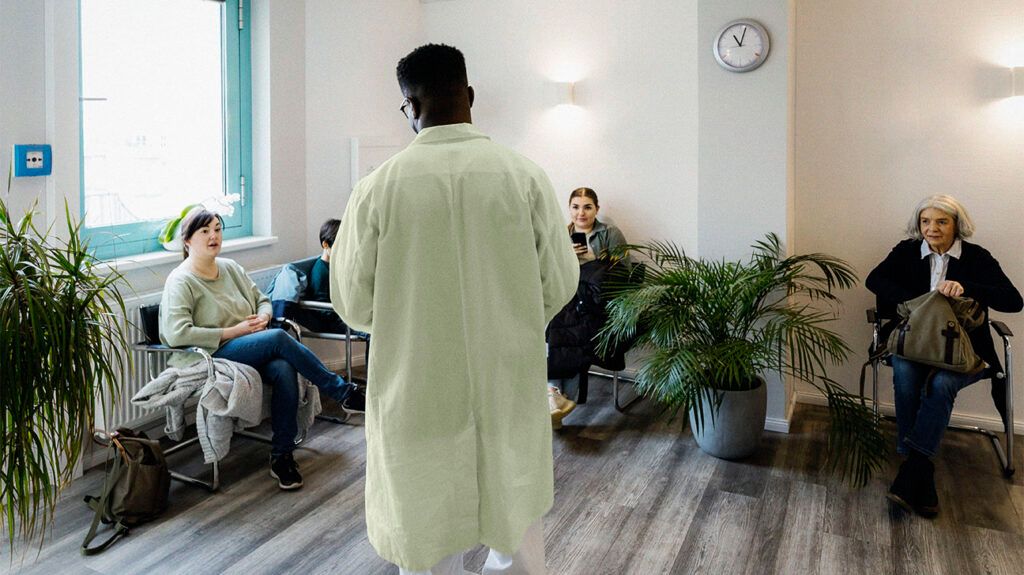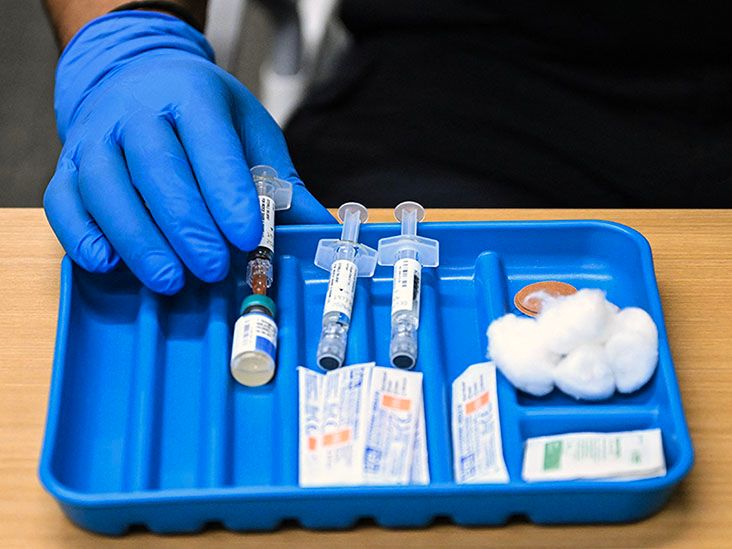Although colorectal cancer may not be entirely preventable, a person can take certain steps to reduce their risk of developing it. These include screenings, avoiding cigarettes and alcohol, and more.
Colorectal cancer is a form of cancer that begins in a person’s colon or rectum.
The colon is also known as the large bowel or large intestine. The rectum is at the end of the colon. It attaches the colon to the anus.
This article explains ways a person may be able to reduce the likelihood of colorectal cancer developing.
Cancer resources
To discover more evidence-based information and resources for cancer, visit our dedicated hub.

The
A 2022 article reports that colorectal cancer is preventable in about
Learn more about colorectal cancer.
Colorectal cancer screening is one of the
Colorectal cancer screening involves a doctor checking a person’s intestinal cells for signs of cancer. This can allow them to detect abnormal cells before they grow into cancer.
Most colorectal cancers are due to the development of polyps in the inner lining of the colon or rectum. A polyp is a small growth.
While many polyps are benign, or noncancerous, some may become cancerous over time.
It usually takes around 10 to 15 years for polyps to develop into colorectal cancer. If a person receives regular screening, a doctor can remove these polyps before they become malignant.
Learn more about the types of screening for colorectal cancer.
When do doctors recommend colorectal cancer screening?
A person with an average risk of colorectal cancer should receive regular screening once they are
People with increased risk may need to begin screening at an earlier age.
Learn more about when to undergo colorectal cancer screening.
Overweight or obesity
Maintaining a moderate weight may help a person reduce the likelihood of developing the condition.
Learn more about obesity and what causes it.
According to a
Vigorous-intensity exercise is more likely to lower the risk than moderate-intensity exercise. However, any regular exercise or physical activity may be beneficial for helping reduce the risk of colorectal cancer.
Learn more about the benefits of exercise.
The
Consuming a diet high in red or processed meats may increase the likelihood of colorectal cancer. These include:
- beef
- lamb
- pork
- sausage
- lunch meat
- hot dogs
Learn more about foods that might help lower cancer risk.
Moderate to heavy drinking may cause a
Learn more about alcohol and the risk of cancer.
Cigarette smoking
A
If a person currently smokes and wishes to quit smoking, they can contact their doctor for advice.
Learn more about smoking and the risk of cancer.
The
However, daily aspirin use may increase a person’s chances of stroke and bleeding in the stomach and intestines. A person should speak with their doctor before taking aspirin daily.
Learn more about the uses and risks of aspirin.
Combined HRT
However, if a person receiving hormone replacement therapy (HRT) does develop colorectal cancer, a doctor is more likely to diagnose the condition at an advanced stage.
A person can contact their doctor for advice if they currently receive HRT and have concerns about colorectal cancer.
Learn more about the types, uses, and effects of HRT.
A person can manage certain risk factors for colorectal cancer. These
- smoking cigarettes
- drinking alcohol
- overweight or obesity
- eating processed or red meats
- not getting enough regular physical activity or exercise
Risk factors for colorectal cancer that a person cannot control include:
- being over the age of
50 yearsTrusted Source - having a family history of colorectal cancer
- having had colorectal cancer previously
- having colorectal polyps that are 1 centimeter (cm) or more in size
- having ovarian cancer
- having inflammatory bowel disease (IBD)
- inheriting genes related to familial adenomatous polyposis (FAP) or hereditary nonpolyposis colon cancer
- being Black
Learn more about racial disparities in colorectal cancer.
Colorectal cancer may not cause symptoms until it has
Possible symptoms of colorectal cancer include:
- diarrhea, constipation, or other changes in bowel habits for more than
a few daysTrusted Source - feeling of needing a bowel movement that is not relieved by having one
- rectal bleeding with bright red blood
- blood in the stool
- abdominal pain or cramping
- weakness
- fatigue
- unexplained weight loss
It is important to note that these symptoms are not specific to colorectal cancer. However, a person should contact their doctor for an accurate diagnosis if they experience these symptoms.
Receiving a diagnosis and beginning treatment for colorectal cancer as soon as possible may help to prevent it from growing further or spreading.
Learn more about metastatic colorectal cancer.
A person should speak with their doctor if they notice any symptoms of colorectal cancer.
They should also attend a screening when they are at least
Learn more about when to consult a doctor about potential cancer.
Here are some frequently asked questions about colon cancer, which
What are the causes of colon cancer?
The
Why is colon cancer on the rise?
The National Cancer Institute notes that cases of colorectal cancer in younger people have been
Researchers also note that environmental factors may be behind this increase in colorectal cancer. Further research is necessary.
Is it possible to reverse colon cancer?
Colon cancer may be
What foods prevent colon cancer?
The effect of diet on colorectal cancer is currently unclear. However, a diet rich in fruits, vegetables, and whole grains may help reduce the likelihood of developing the condition. Avoiding red and processed meats may also help.
It may not be possible to prevent colorectal cancer completely. However, certain lifestyle changes may help prevent the condition. These include maintaining a moderate weight, getting enough regular physical activity, and avoiding smoking and drinking alcohol.
Doctors recommend that a person receives screening for colorectal cancer once they are age 45 years. Some people may benefit from earlier screening.
A person should speak with a doctor if they experience any symptoms of colorectal cancer. Early detection may improve a person’s chances of successful treatment.


